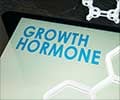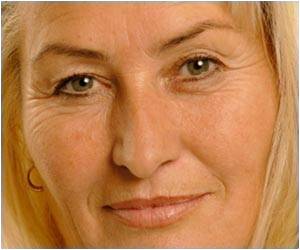American researchers have said that they have found out how ageing may interfere with the immune system’s ability to fight against infections and respond to vaccines.

"Ageing is known to affect immune function, a phenomenon known as immunosenescence, but how this happens is not clear," said study leader Laura Santambrogio, M.D., Ph.D., associate professor of pathology and of microbiology and immunology at Einstein.
"Our study has uncovered several ways in which ageing can worsen the body's overall ability to mount an effective immune response," Santambrogio noted.
All cells generate chemicals called free radicals as a normal part of metabolism. These highly reactive, unstable molecules can readily damage proteins, lipids and other cellular components through oxidation (the reaction between oxygen and substances it comes in contact with).
Cells keep "oxidative stress" in check by producing several enzymes that are scavengers of free radicals. But in ageing, increased production of free radicals coupled with cells' decreased production of antioxidant enzymes cause a build-up of damaged proteins and other molecules that can be toxic to cells.
The current study is the first to examine whether age-related oxidative stress compromises the function of a type of immune cell called dendritic cells.
Advertisement
"When you are exposed to viruses or bacteria, these cells engulf the pathogens and present them to the immune system, saying in effect, 'There's an infection going on, and here is the culprit-go get it,'" she explained.
Advertisement
When the mice were injected with a potent antioxidant in the abdominal cavity daily for two weeks, some of the effects of oxidative stress were reversed.
This finding has implications for designing vaccines or therapies for humans, especially the elderly, whose weakened immune systems increase their susceptibility to infections and cancer, and reduces vaccine effectiveness.
"Many elderly people respond very poorly to vaccination, so perhaps a cycle of therapy with antioxidants before vaccination might improve their immune response to vaccines," Dr. Santambrogio stated.
The findings were published online this month in the journal Cell Reports.
Source-ANI












